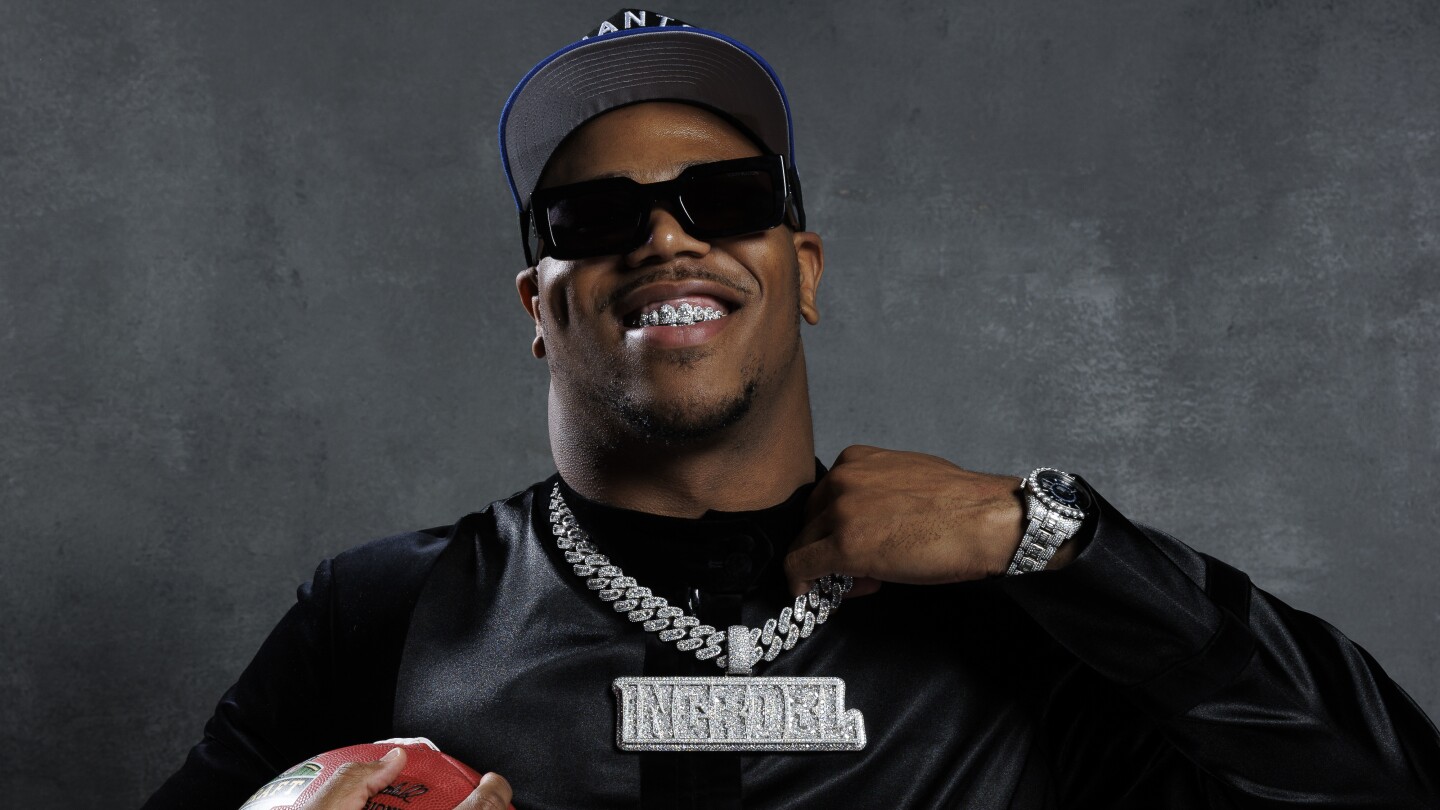Carter Honors LT's Legacy: No. 56 Remains Untouched

In a bold statement following his selection by the New York Giants in the NFL Draft, rookie linebacker Abdul Carter immediately expressed his passion for donning the iconic No. 56 jersey. The Penn State standout wasted no time in signaling his intent to carry on the legacy associated with this storied number, showcasing his confidence and determination to make his mark with the team.
Carter's swift declaration highlights his enthusiasm and commitment to becoming an integral part of the Giants' defensive lineup. By specifically requesting the number 56, he demonstrates not just a jersey preference, but a deeper connection to the team's rich defensive tradition.
